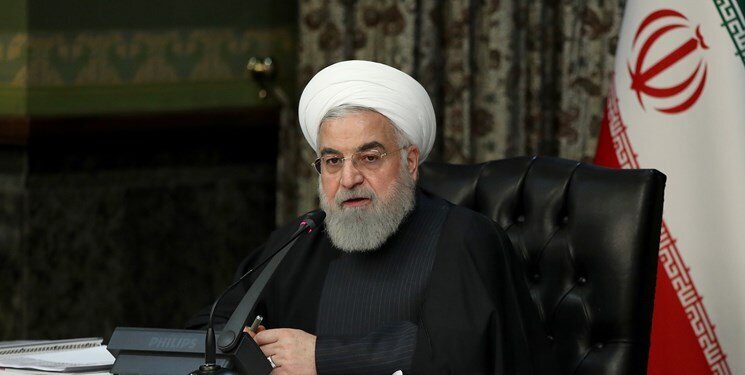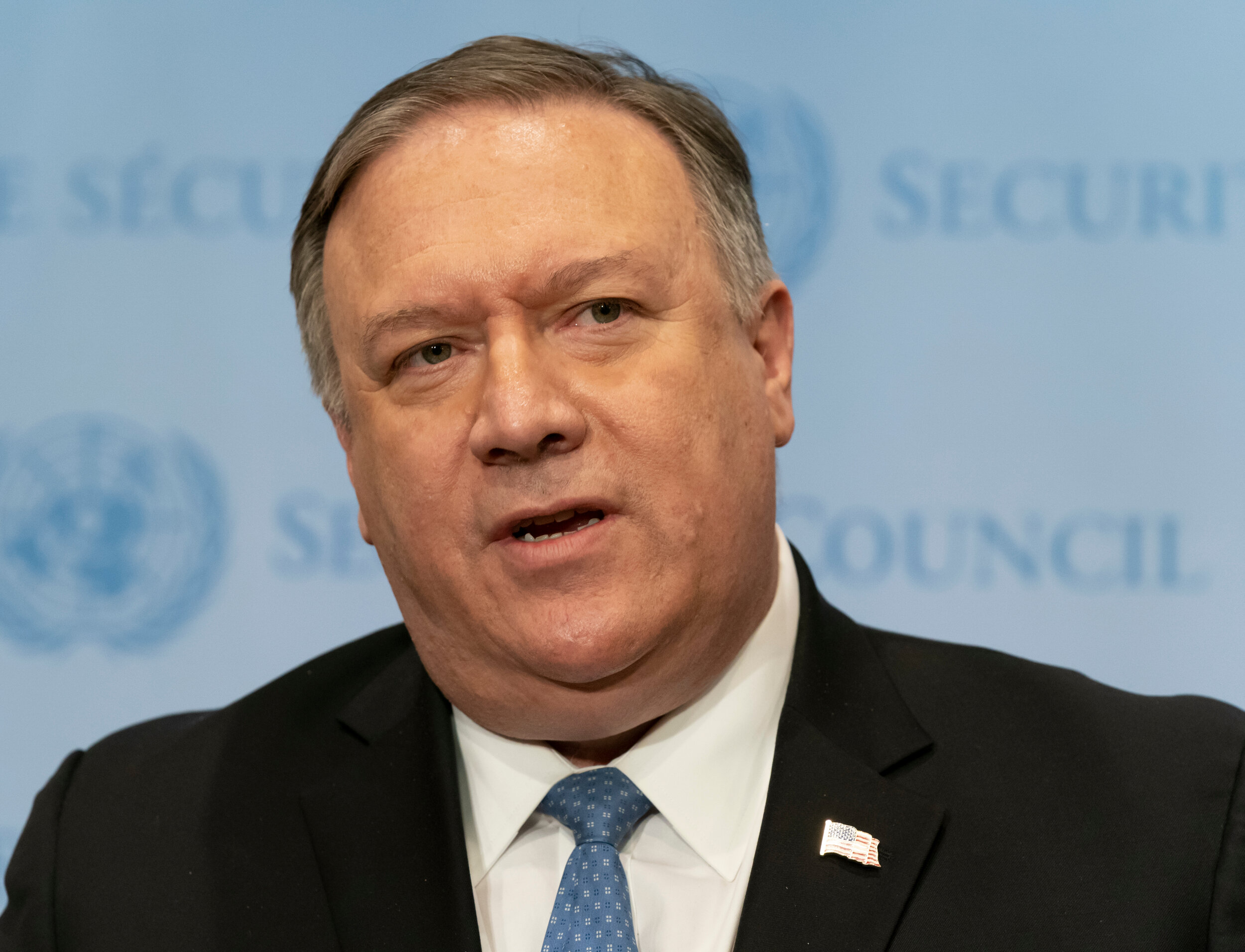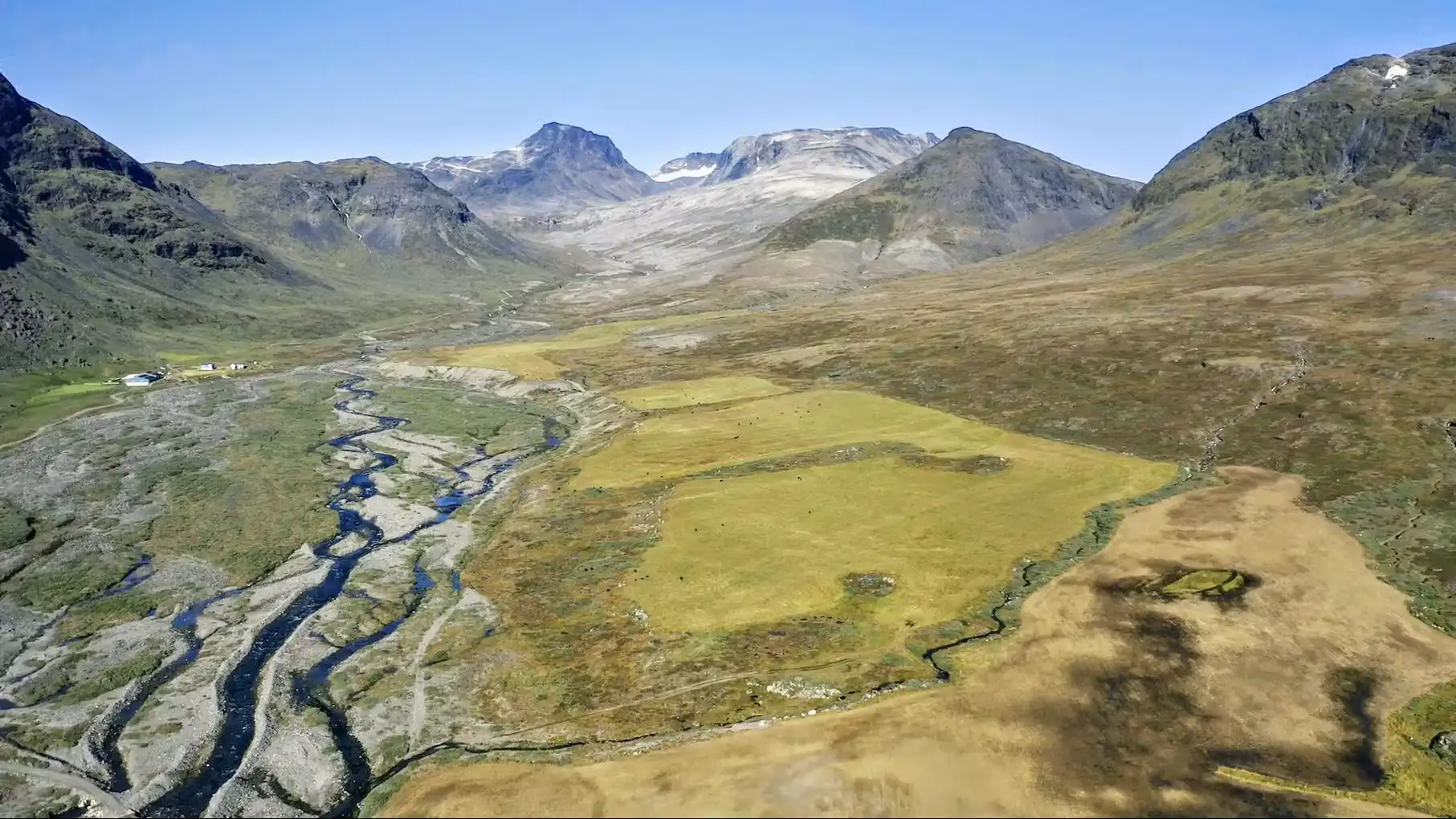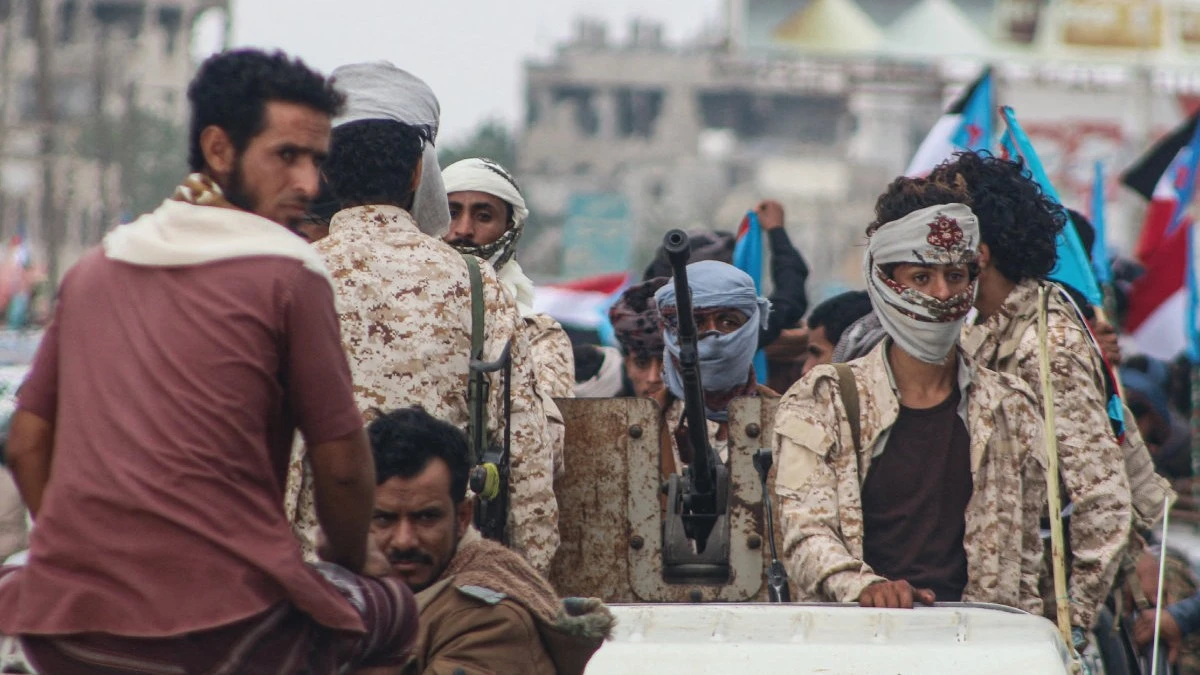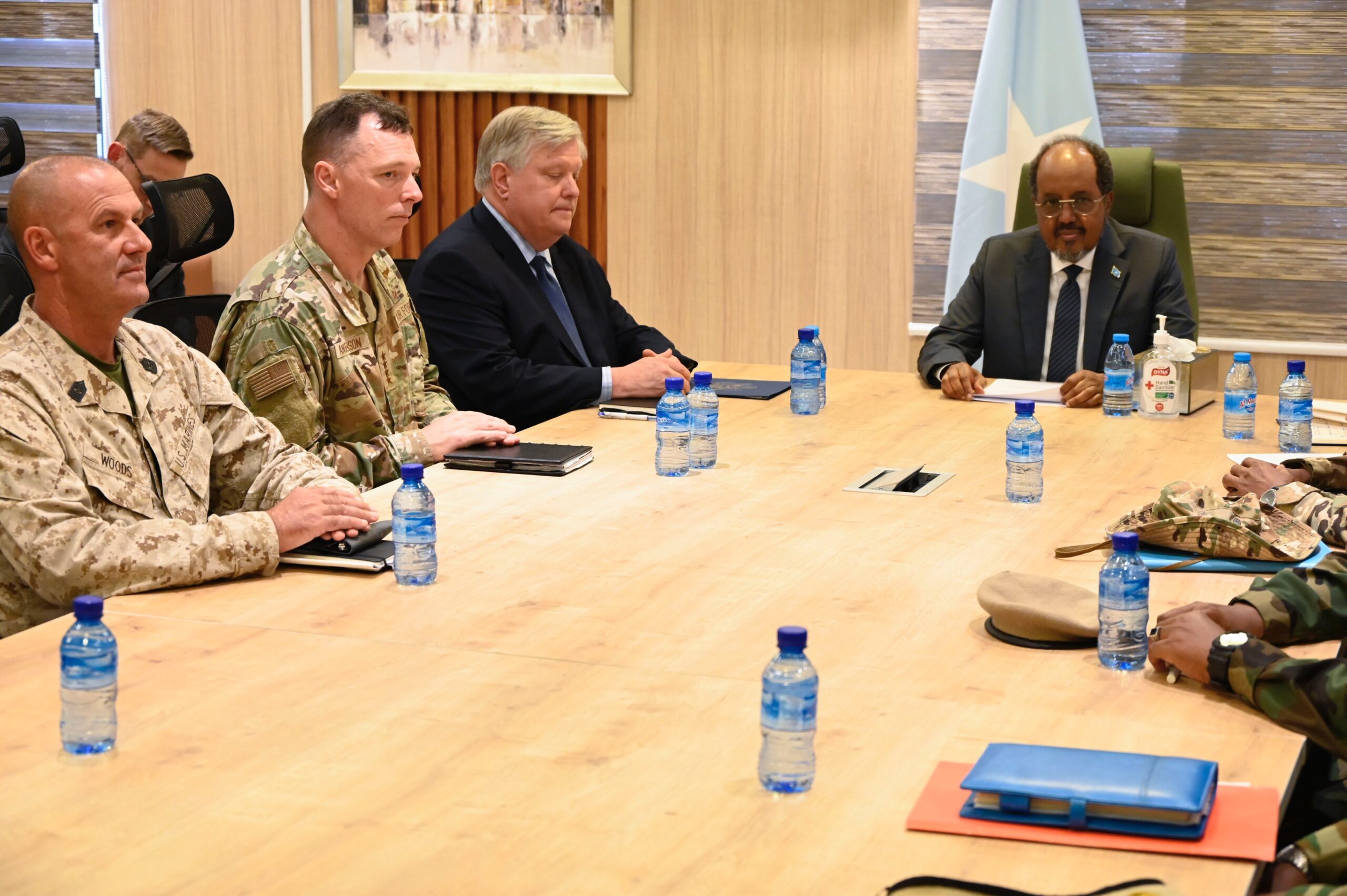TEHRAN, Iran. March 16th, 2020. PICTURED: Iranian President Hassan Rouhani in a press conference addressing the upcoming holidays and crisis of coronavirus spread.
Sec. of State Mike Pompeo and his State Department have announced that 9 individuals based in South Africa, United Arab Emirates, Hong Kong and China have been sanctioned based on transactions with sanctioned Iranian entities, while simultaneously blaming the Ayatollah executive for poor governance during the recent outbreak of the novel coronavirus.
One of the newly-sanctioned Iranian entities was the social security investment company for the Iranian armed forces.
Tehran has repeatedly said that the crippling sanctions campaign started under Obama and continued by Trump have made it very difficult to combat the coronavirus, which according to Reuters has affected 16,169 people, and caused almost 1000 deaths, by preventing the importation or purchasing of masks and test kits.
Not only has the Trump Administration placed further sanctions on the already desperate regime, but outrightly accused the Iranian state of being “accomplices” in the virus that was recently labeled a pandemic by the WHO.
An aggressive, maximum pressure stance against Iran is nothing new, but in recent remarks to the traveling press, Pompeo declared that “the Wuhan virus is a killer and the Iranian regime is an accomplice,” and that “the Iranian leadership is trying to avoid responsibility for their grossly incompetent and deadly governance”.
So far the virus has spread to all 50 states in the U.S., and has infected 189,000 in most of the world’s countries. A few, such as many African countries, North Korea, Nicaragua, Myanmar, some of the Central Asian nations, Greenland, and thankfully Yemen, are currently without cases.
Meanwhile Italy has twice as many cases as Iran, and Germany is not far behind them, all according to data collected from the WHO and Johns Hopkins, as reported by Al Jazeera. The coronavirus therefore is hardly a case study for sturdy governance.
PICTURED: Sec. of State, Mike Pompeo.
Politics in a pandemic
The State Department announced that USAID has committed $100 million to help countries around the world fight the coronavirus, having already spent $37 million so far. USAID has given $1 billion since 2009 to 25 countries specifically for infectious diseases and medical infrastructure, all of whom are currently fighting the virus.
USAID have a map where people can see where the funds have gone and what they’ve helped purchase or develop. As an economically-stressed country that’s also dealing with one of the worst outbreaks of the virus outside China and Europe, Iran is conspicuously missing from the USAID map.
But ever eager to use the Iranian people as an additional weapon against their government, the State Department announced in late February that they had established through Switzerland, a means by which parties interested in donating humanitarian aid to Iran could send or export goods or aid to the country in a way that ensures it isn’t missused by the regime.
In a press release from the State Dep., Pompeo remarked that the U.S. “stands with the people of Iran”.
“We have an open humanitarian channel to facilitate legitimate transactions even while ensuring our maximum pressure campaign denies terrorists money,” Pompeo explained to the traveling press. However denying terrorists money has so far exclusively meant erasing the Iranian oil economy, which has caused mass protests and shortages of medical supplies and other goods.
Denying terrorists money
If denying terrorists was the primary purpose of the maximum pressure campaign, Shia movements across the Middle East should be faltering. However at large they are thriving.
Even if Iranian-aligned militants like the Houthi movement in Yemen are benefitting from Iran’s oil economy through corrupt actors the sanctions are meant to stop, it would have been unlikely they would have wracked up as many victories as they have thus war in the War in Yemen.
This week Houthi fighters captured the large mountainous province of Al-Jawf on the border with Saudi Arabia, and seem poised to push into Yemen’s oil and gas producing region of Maarib. Late last year, a combined-arms incursion within the borders of the Kingdom of Saudi Arabia itself saw more than 600 Saudi-led coalition forces surrender with heavy weapons and officers.
The Houthis also claimed responsibility for a massive drone attack last September which destroyed critical oil facilities in the Kingdom which brought its oil production down by half for some time.
In a time when the 21st century’s first pandemic is causing markets to plummet all over the world, the Trump Administration is continuing a ruthless maximum economic pressure campaign on Iran with no desire to ease off the pedal. Iran stands at a major intersection of the Eurasian landmass, and containing the virus there would do much in preventing it from spreading to even less-stable Middle Eastern countries affected by American warfare like neighboring Syria and Iraq.
The upcoming Iranian holiday of Norouz lasts about as long as the self-quarantine process of 14 days needed for symptoms to develop, which is when president Hassan Rouhani hopes his country will turn the corner with the epidemic.
Continue exploring this topic — House Democrats Move to Prevent the Removal of Any U.S. Troops From 53 African Countries
